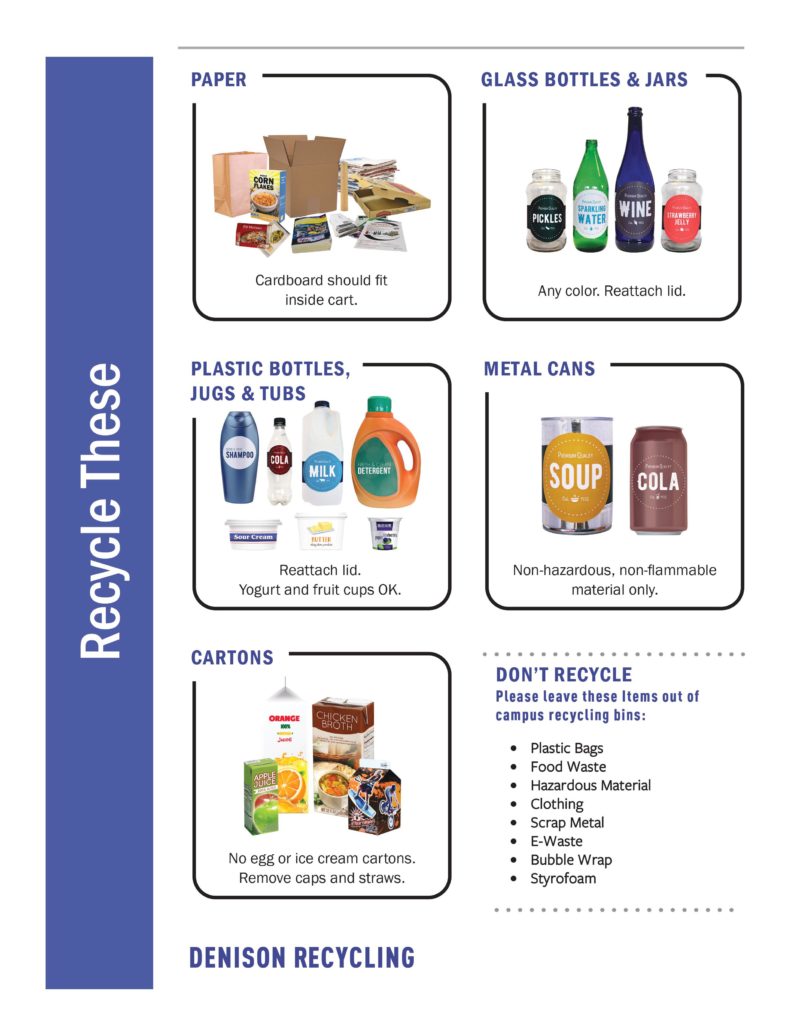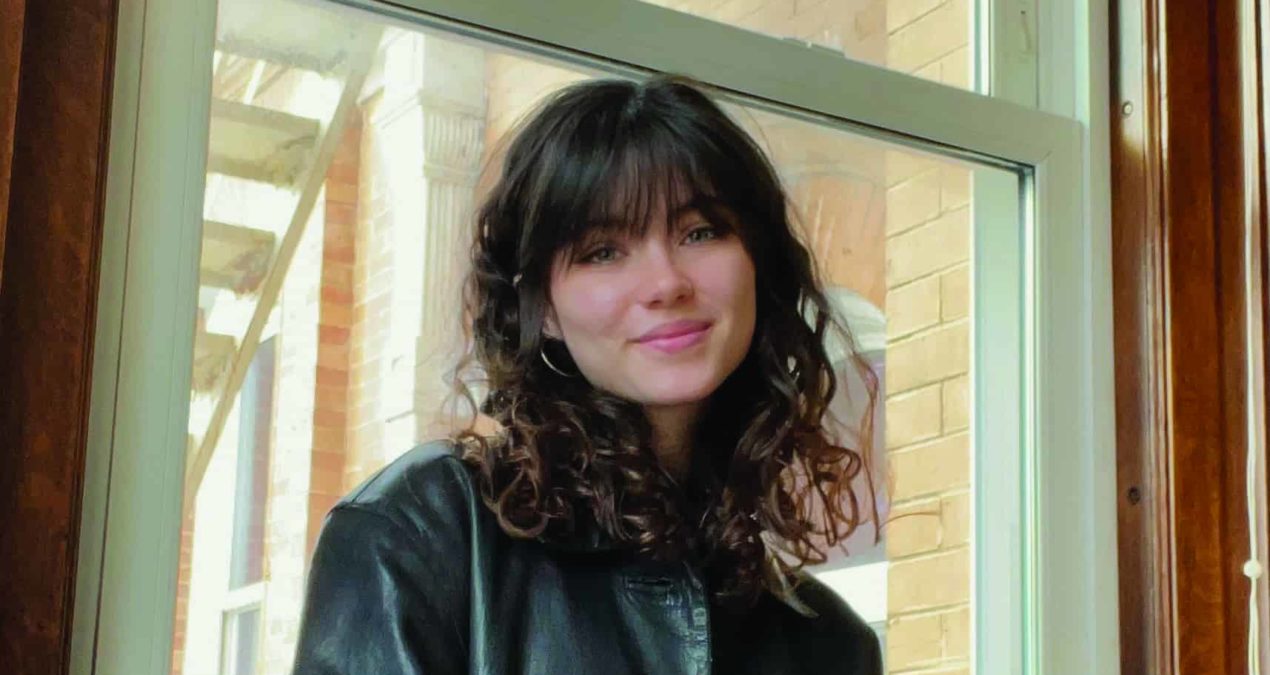
Though surely not the most pressing of issues on this campus, the ignorance surrounding waste here is something that should be easily fixable. With plenty of green initiatives put in place, it’s up to students to use them correctly.
First, let’s start on an elementary level: Please stop littering. The drunken, primal urge to throw your late-night Slayter pop-up container into the bushes behind a building is strong, sure. In fact, it is more excusable than doing the same thing while sober. However, it might be the saddest possible form of retaliation. If these acts occur when you consume a beverage that happens to be in an aluminum can, lucky you, you eco-warrior! Aluminum cans are infinitely recyclable. Unfortunately, recycling does not happen on sidewalks or in decorative grasses. The same goes for composting.
Now, let’s look at what to do once you’ve acquired some sort of waste, whether that be soft plastic, hard plastic, in-between plastic, aluminum, glass, or a mix of many materials. This information was taught in third grade, but I’ll dish it out again, and start with the dining halls. Curtis and Huffman have receptacles for compostable items, recyclable items, and items that belong in the landfill.
Composting involves decomposing organic materials into more simple organic and inorganic compounds. SOIL! This is where you should scrape your food waste, and put napkins, thin paper products (like straws or the cutlery in green bioplastic) and the clear containers for fruit and deserts (though some are not compostable—check each container to make sure). Likewise, the Slayter take-out boxes go here. Some composting is collected and processed by a third party firm in Columbus called Innovative Organics. Director of Sustainability & Campus Improvement Jeremy King ‘97 explained that the other post-consumer waste in the dining halls is handled on campus with an industrial composter that can handle “all types of food waste, including meats and dairy as well as compostable cups, napkins, plates, and serviceware.”
Recycling is a bit more complicated. Students are lucky that recycling is offered in every building. Recyclable materials include cardboard, glass bottles and jars of any color, plastic bottles, jugs and tubs (lids are okay), metal cans and cartons without caps or straws. NON-Recyclable items include plastic bags and food waste. The most important thing to remember here is that if recycling is too contaminated with other waste, the Red Barn (the recycling center located across from the Physical Plant) must toss the entire batch. When in doubt, throw it out! King noted that much of the recyclable material taken from dumpsters has to be tossed, as “[it has] too much contamination.” We’ve all seen the amalgamous mess that is the residence hall dumpsters…Denison students are incredibly smart. Let’s try to be mature, too.
I don’t want to sound like a sycophant—I fully believe in the typical, raucous college experience. A little bit of low-level trouble is always fun. However, this is just a matter of ignorance and patience. I know, it might take a few extra seconds to set your plate down in Curtis, put your bagel and knife in the compost and throw your cream cheese container in the trash. I know, plastic wrappers and bags can be a bit confusing. I know, most people have seen all of this information before. But I think it’s important that we take responsibility for something so, so trivially small on our end that is really important in the long run. Take advantage of what Denison has to offer, and don’t make the nice gardening workers pick up your ketchup packets.


